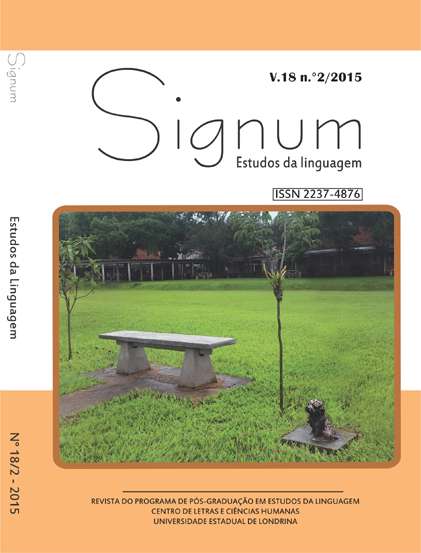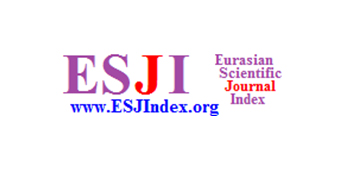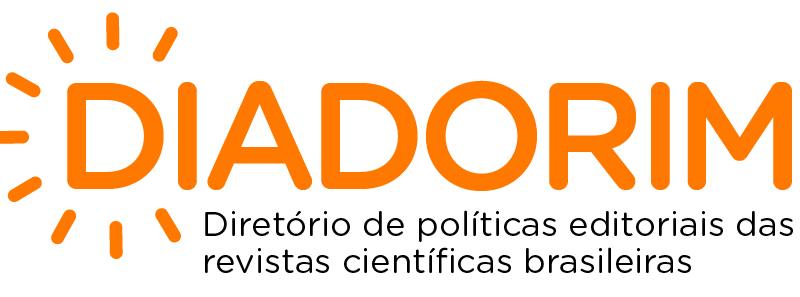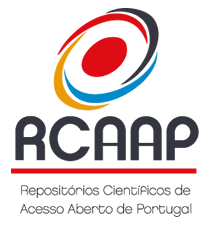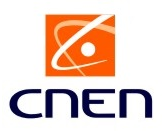Ideology and english language teaching: relations and implications
DOI:
https://doi.org/10.5433/2237-4876.2015v18n2p303Keywords:
Ideology, EL teaching, DiscourseAbstract
Under the assertion that all discourse has political essence, being ideological by nature, in this paper we discuss concepts of ideology and its relation to English language (EL) teaching. For language is the mediator of ideologies, there is no way to see language teaching as a neutral exercise, rather as a politicized practice. In this article, the concept of ideology and its relationship to language and discourse are initially elucidated. For this, we make use of Bakhtin, Foucault and Fairclough’s theoretical contributions. Secondly, we dedicated to trace a brief historical background of EL expansion until it reaches its current status of lingua franca and we used as theoretical support Crystal and McKay’s studies, among others. Agreeing with Rajagopalan, Siqueira and Kumaravadivelu’s research, we laid eyes on the intrinsic relationship of ideology and EL teaching to finally identify the possible pedagogical implications arisen from this relationship.
Downloads
Downloads
Published
How to Cite
Issue
Section
License

This work is licensed under a Creative Commons Attribution-NonCommercial-NoDerivatives 4.0 International License.
This journal reserves the right to make, in the originals, normative, orthographic and grammatical modifications in order to maintain the standard language and the credibility of the publication. It will respect, however, the authors’ style of writing. Modifications, corrections and suggestions of conceptual order will be forwarded to the authors, if necessary. In these cases, the papers, once appropriate, should be submitted to a new appreciation. The final examinations will not be forwarded to the authors. Works published become property of Signum, being its total or partial reprint subject to an explicit authorization of the journal. In all subsequent quotes the original source of publication should be mentioned, in case, in Photographic Discourse. Opinions emitted by the authors are their exclusive responsibility.